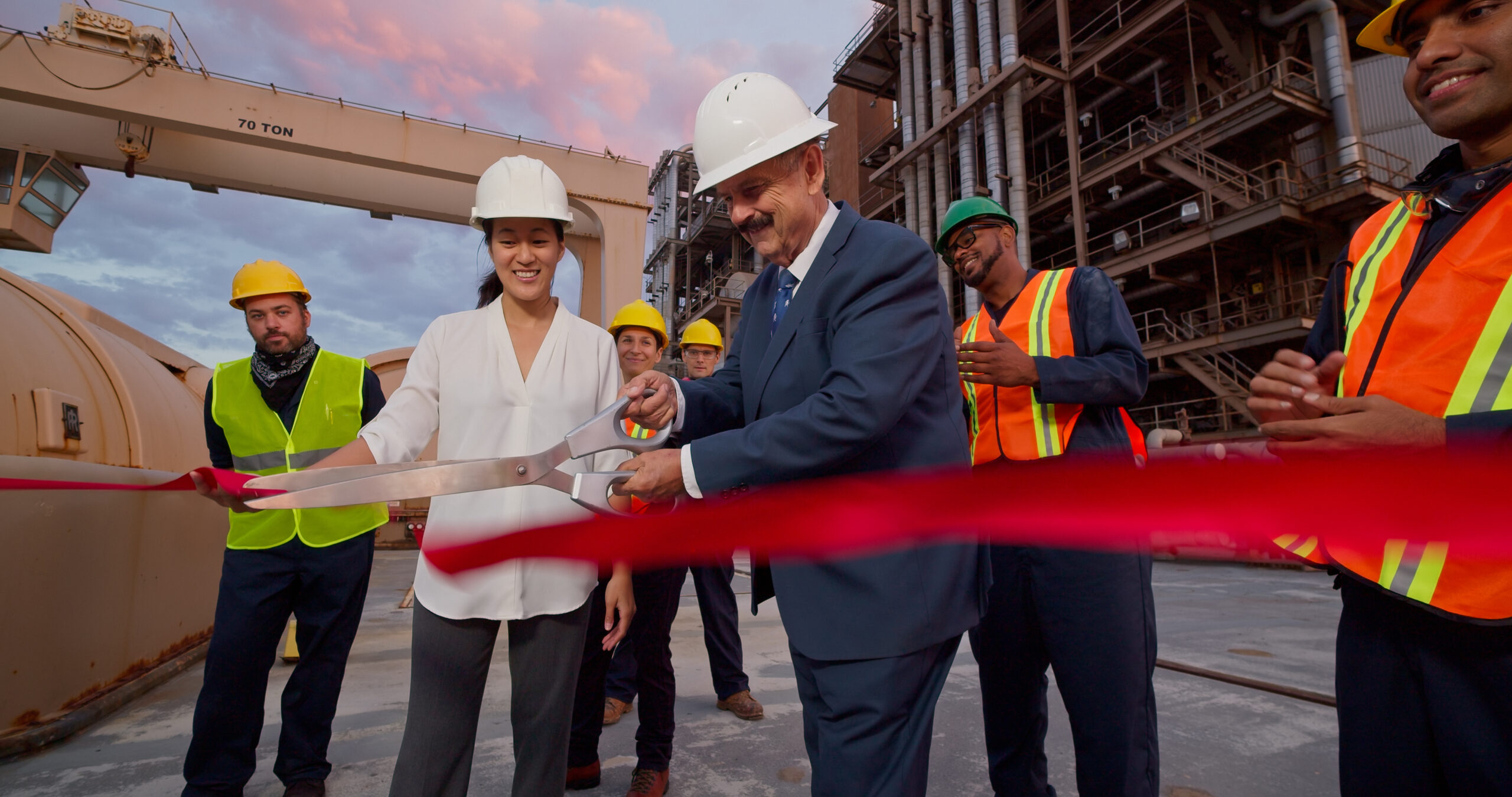Every September, the National League of Cities (NLC) joins the National Association of Workforce Development Professionals (NAWDP) and our local, state and federal workforce development partners to celebrate Workforce Development Month. We are celebrating the critical, unique role local leaders play in ensuring communities across the country are prepared to thrive in today’s economy and navigate the significant transitions already in progress.

Cities and local leaders play a vital role in workforce development. A well-trained workforce with access to quality jobs can drive economic growth, reduce unemployment and promote social equity. By investing in local workforce initiatives, cities are not only addressing immediate community needs — they are contributing to the nation’s overall economic resilience.
While there are different ways communities, regions and states approach workforce development, all local leaders can act as:
- Policymakers: Cities have authority over a variety of policies that can directly promote job quality and achieve important workforce development goals, including their own ability to “walk the walk” within their organization. For example, cities can update and change their own hiring practices to recruit talent and act as a model employer for other businesses. Cities can also levy taxes that raise funds for workforce development to create community benefit ordinances that ensure local projects directly benefit and hire residents.
- Planners and convenors: City leaders are well-positioned to act as planners, convenors and advocates to catalyze better collaboration amongst workforce development and training partners in their communities. Whether mapping existing programs and investments, developing a sector strategy or leveraging data to measure impact and hold the system accountable, local leaders can help connect the dots between economic, infrastructure and community development efforts to the benefit of all workers and learners.
- Program implementers: Cities directly operate and fund many programs and initiatives that support workforce development such as apprenticeships, summer youth employment programs, reengagement centers and reentry offices. Historically, cities have used various federal, state and local funds to run these programs, such as the Workforce Innovation and Opportunity Act (WIOA), administered by the Department of Labor (US DOL), which is the primary federal legislation that invests in workforce development programming. WIOA has helped fund numerous career and training programs nationwide. Since 2016, 31,050,936 people have participated in WIOA-funded programs. In the 2022 program year alone, WIOA programs provided career and training services to more than 3 million Americans. For the youth and adults who completed training programs, more than 70 percent were still employed one year later.
Congress has historically recognized Workforce Development Month. This signals continued federal recognition of the importance of workforce programs in driving our nation’s economy. This year’s bipartisan resolution, H. Res 1453, is cosponsored by Reps. Suzanne Bonamici (D-OR), Brett Guthrie (R-KY), Glenn (GT) Thompson (R-PA) and Lucy McBath (D-GA).
Take Action on Recognizing the Importance of Workforce Development Month
Act today by telling your senators that they must bring WIOA to the floor for consideration. As Senate committee staff actively works to negotiate provisions of the WIOA bill, now is the time to tell your senators the importance of federal workforce development legislation on your community. This legislation represents the only chance this congress has to address workforce policy.









